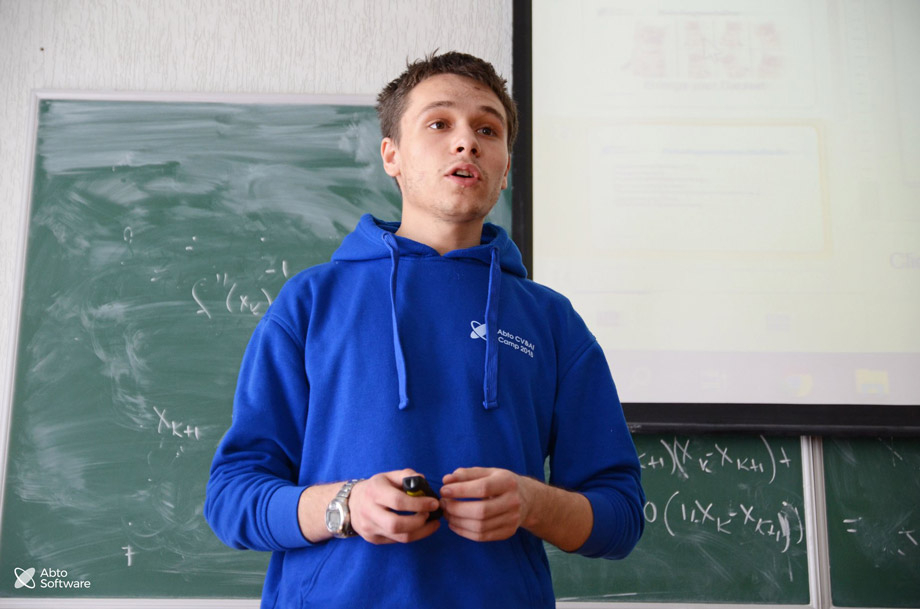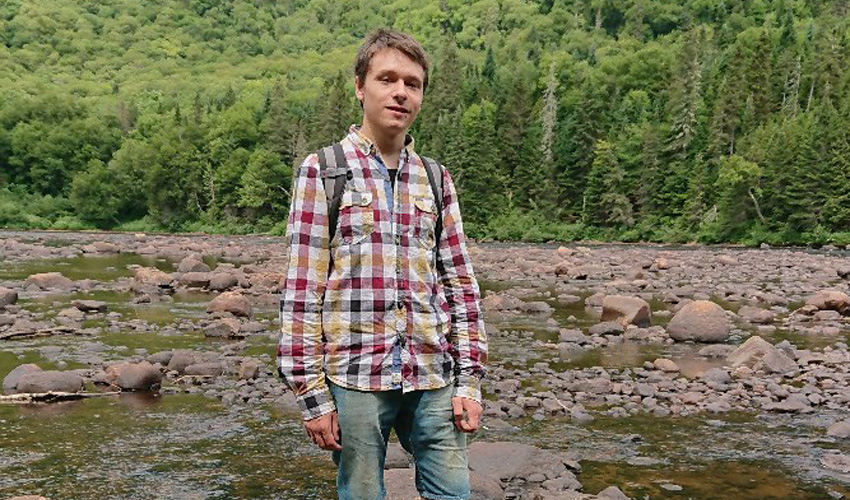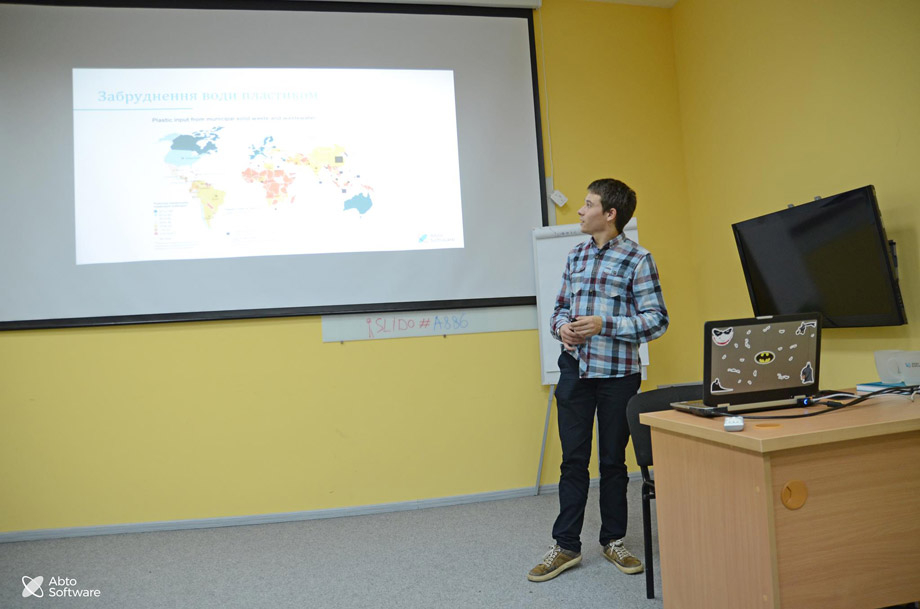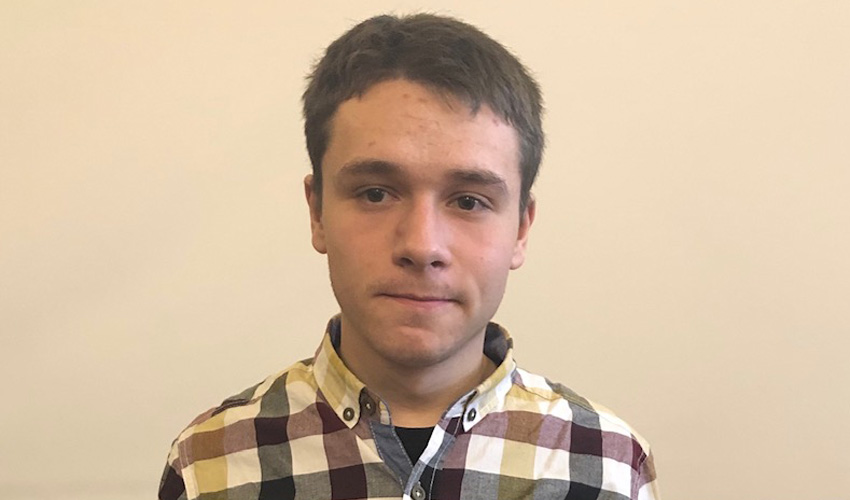At the end of December, the Department of Applied Mathematics prepared a unique master’s student. Vitalii Kinakh defended his master’s theses with record figures for Polytechnic. That is, the master’s student has published 15 works, including 6 in the scientometric database Scopus, including 2 articles in Q1. He has 56 citations in the Scopus. Total impact factor of publications = 7.3.
Vitalii says that he became interested in science, including mathematics, at school.
«From the 8th grade I studied at the Small Academy of Sciences, from the 10th grade I participated in scientific competitions (Intel Techno, the contest «Future of Ukraine», Małopolska Noc Naukowców) in Ukraine and Poland. And later, having chosen the specialty «Applied Mathematics», he connected his life with science», says Vitalii.
The young scientist has many internships and participation in international programs and competitions which helped not only to develop in science, but also to see the world. According to Vitalii, he did not need additional motivation, because he had enough of his own passion for his favorite thing.
«I began to engage in scientific activities in the first year of study. I discussed with my supervisor Rostyslav Bun what I was interested in, and so, without delay, I immediately began to perform test scientific tasks at Polytechnic. And by the end of the first year I published the material of my research», says the graduate.
The task of Vitalii’s master’s thesis was to analyze two types of satellite data on night lighting: DMSP (available from 1992 to 2012) and VIIRS (available from 2011). This information is widely used to assess socio-economic activity, fuel use for energy needs, urbanization processes, etc.
«After analyzing and comparing satellite data, we found that VIIRS data had significantly better characteristics, so the idea was to develop a fundamentally new approach to computing VIIRS data based on DMSP data for years when they did not exist yet. It’s like answering the question «What results would VIIRS have had if it had been launched a few years earlier, when only DMSP was launched?» In the course of the research, an approach to the calibration of DMSP data and the calculation of VIIRS data based on DMSP data was developed. The scientific novelty of the work was that machine and depth learning methods were used to calibrate and calculate new data», says the master’s student.
Today Vitalii Kinakh is a postgraduate student at the University of Geneva in Switzerland. He continues to show a great desire to develop in science. In addition, he has already started work on his PhD dissertation on the basis of the project to which he was involved.
«RODEM is a project for scientists where they are developing ways to use artificial intelligence in astrophysics and high-energy physics. The team includes a group of physicists who process our data. Our task, people with a mathematical education or background in computer science, is to work with this data and develop an algorithm for deep and machine learning in order to process it effectively. We are talking about the detection of anomalies for high-energy physics, as well as the development of rapid simulations of colliders. That is, distributions are modeled to compare hypotheses. We also use machine and depth learning methods to solve several physical problems based on available data», explains Vitalii.
Vitalii Kinakh’s record-breaking research results are, first of all, the result of hard work and a serious interest in the subject of his research. In addition, the guy boldly expanded the boundaries of his scientific horizon, immersed in innovation. This approach to work guarantees today’s postgraduate student a great future in science.



